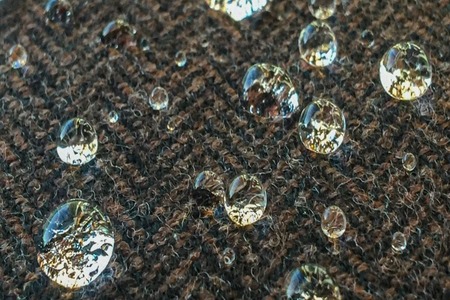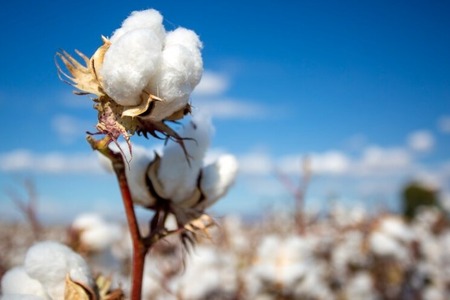
Textile ministry opposes FBR’s move to increase sales tax
YarnsandFibers News Bureau 2016-05-15 14:00:00 – IslamabadThe proposal to be presented to Prime Minister Nawaz Sharif for approval to increase the sales tax on textile, leather, carpets, sports goods and surgical goods was part of the tax measures for new financial year 2016-17. Currently, domestic sales of these five export-oriented sectors are taxed at reduced rates, but the textile lobby is seeking complete exemption from taxes on the grounds that the Federal Board of Revenue (FBR) is not timely paying their tax refunds.
But the government may double sales tax on domestic sale of textile and leather products and could withdraw exemption from 5% withholding tax on electricity consumed by these sectors to raise roughly Rs13 billion in additional revenues from the next fiscal year.
The prime minister has already announced the grant of zero-rating tax status to the export sectors in the new budget and it is not clear whether he will endorse the FBR’s proposal.
However, any move to increase the sales tax on domestic sales could prove to be politically explosive, particularly at a time when the premier is already under pressure in the wake of Panama leaks.
According to the FBR’s proposal, the tax on yarn and fabrics may be increased from 3% to 5% from fiscal year 2016-17, sources in the finance ministry said.
It has also proposed that tax on garments should be doubled from 5% to 10% and estimated that it will receive an additional revenue of Rs10 billion from this single step.
The FBR had wanted to introduce the standard 17% sales tax on textile, leather, carpets, sports goods and surgical instruments. However, due to sensitivity of the issue and the influence of textile sector, the government decided not to completely withdraw the concessionary tax.
According to the second proposal for these export sectors, the withholding tax exemption on electricity bills may be withdrawn.
Under Clause 235 of the Income Tax Ordinance, the government collects 5% withholding tax from industrial consumers but the textile, leather, carpet, sports and surgical goods industries are not paying this tax.
The FBR’s proposal is aimed at raising about Rs3 billion in additional revenues on the grounds that these sectors are already paying taxes at reduced rates. However, it has proposed to keep the withholding tax exemption for exporters.
The FBR is of the view that there has been huge tax evasion and 90% of textile production is cleared at the yarn stage by paying only 3% tax, according to sources. The purpose of rationalizing the tax is to check evasion at the domestic stage.
The proposal does not have the backing of the textile ministry, according to sources.
The concessionary tax is regulated under the Statutory Regulatory Order (SRO) 1,125 – a legal instrument used to amend the laws.
The FBR had wanted to withdraw the SRO, which would have led to the imposition of 17% sales tax. However, sources said the SRO would not be withdrawn but amended to the extent of increasing the tax rates.
Sources said that if the government decided to increase the tax rates, the capital cost of exporters would go up. Apart from this, the nexus between corrupt FBR officials and the industry will remain in place and the payment of illegal refunds in return for bribes will continue.
The textile ministry is fiercely opposed to the FBR’s move. It recommended the finance minister to keep the tax rate at zero for the export sectors and collect a reduced levy on textile products at retail stage in the domestic market. The textile ministry is also against the idea of keeping factories as the FBR’s collection agents.
Market Intelligence
Ask for free sample Report

experience
Customer Base
dedicated team
Countries Served Worldwide









